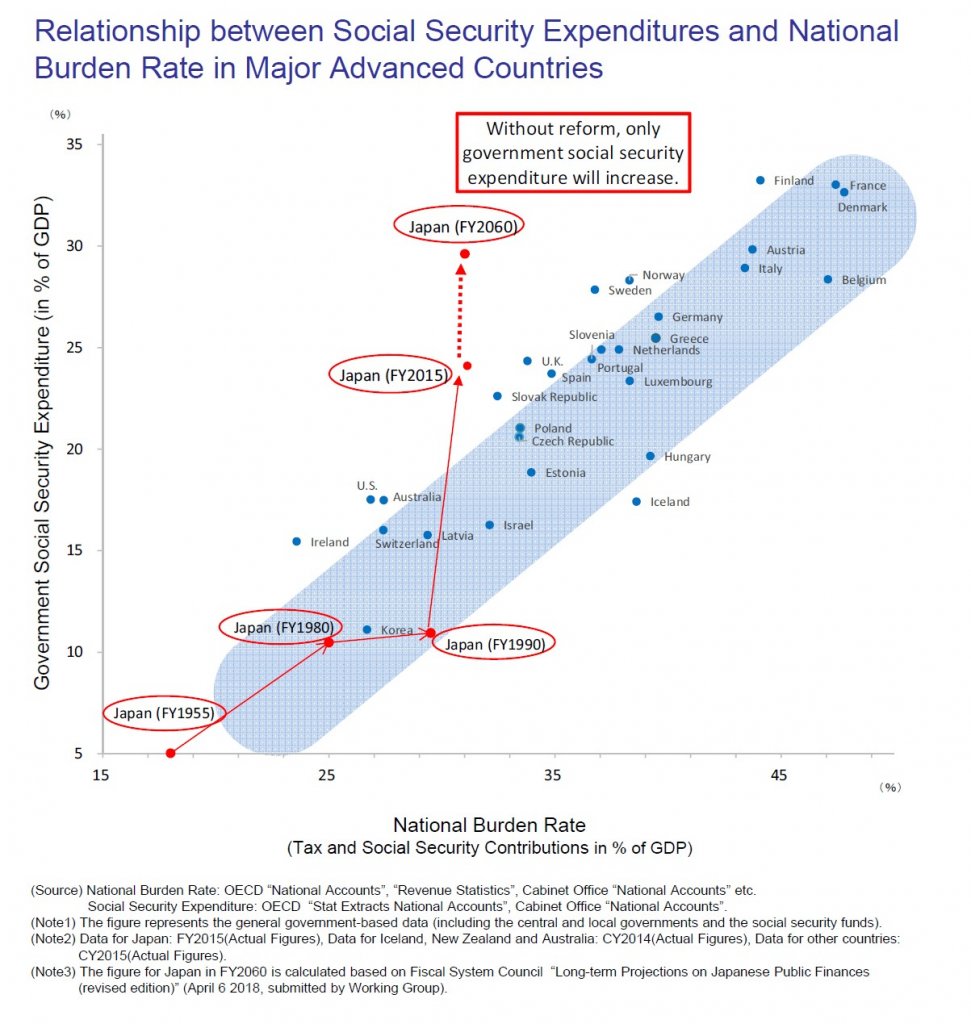Field of Research
Public Economics
Research Topics
Public Economics, Public Administration, Public Finance, Fiscal Decentralization, Public Governance
Overview of Research
In public economics, the mechanisms underlying “market failures” are theoretically and empirically studied both to consider potential government interventions to correct them and to design systems to correct for “government failures,” when the government unsuccessfully intervenes to correct a market failure. In my research, I specifically study the relationship between the roles of the central (national) and local (prefectural and municipal) governments in Japanese public finance. The national government creates various laws and systems about what should be done by local governments, considering that those actions are carried out locally. In economic terms, the relathionship between national and local governments could be regarded as a principle-agent relationship. Asymmetry in information and externalities among governments can result in a government failure. The bankruptcy of the Yubari government in Hokkaido could be said to have resulted from such a failure. We are conducting theoretical and empirical studies to explore what a governance system within this intergovernmental relationship should be designed. Research promoting the effective systems to navigate governmental behaviors is important given that inefficient financial management results in deficit spending, ultimately passing today’s debts onto future generations. As can be seen from the following figure, compared to the rest of the world, Japan’s public finances are unsustainable, with revenue significantly lower than expenditures. To remedy this situation, it will be important to 1) think of ways to balance revenue and expenditures, 2) limit expenditures to only those that are truly necessary, and 3) secure more financing (tax revenue).

Source: Akai, N. (Editor). (2017). Practical Public Finance: Theory and Policy. Yuhikaku Publishing
Message to Students
To design a better governance system, it is essential to theoretically and empirically analyze how the current system incentivizes the relevant entities and what types of behavior it encourages. If, based on game theory, a behavioral hypothesis can be derived and those results can be objectively supported by data, convincing public policy proposals could be made to improve system designs. However, students will frequently encounter cases in which different data lead to different results. That will likely require a revisiting of the original theoretical perspective to explain where the differences are coming from and to propose another hypothesis that integrates new elements to strengthen one’s argument. It is my hope that students will learn this practice as part of their training at OSIPP.
AKAI, Nobuo
Professor
Degree: Ph.D. in Economics (Osaka University)
akai@osipp.osaka-u.ac.jp















